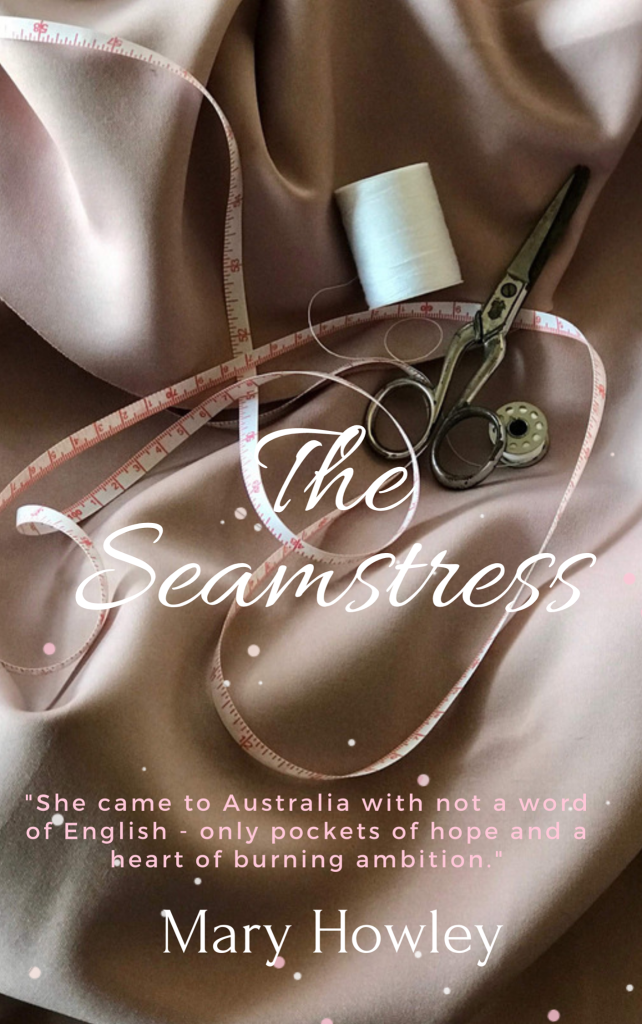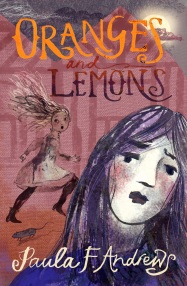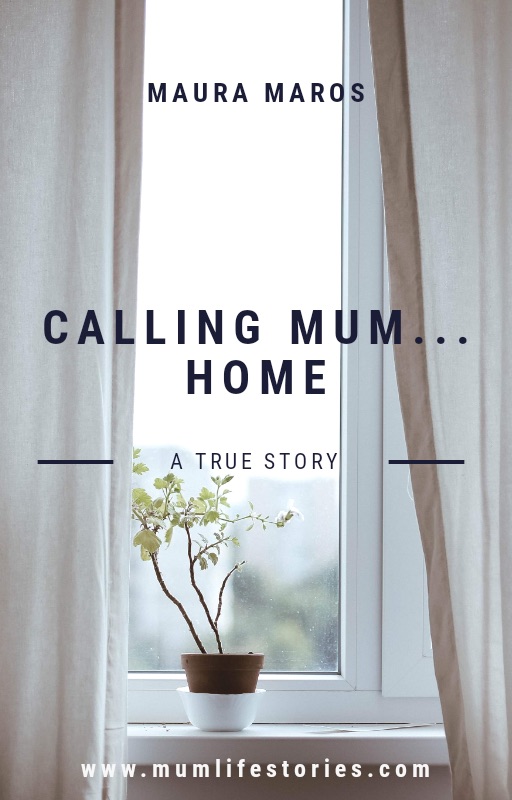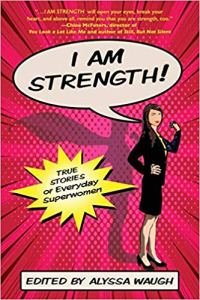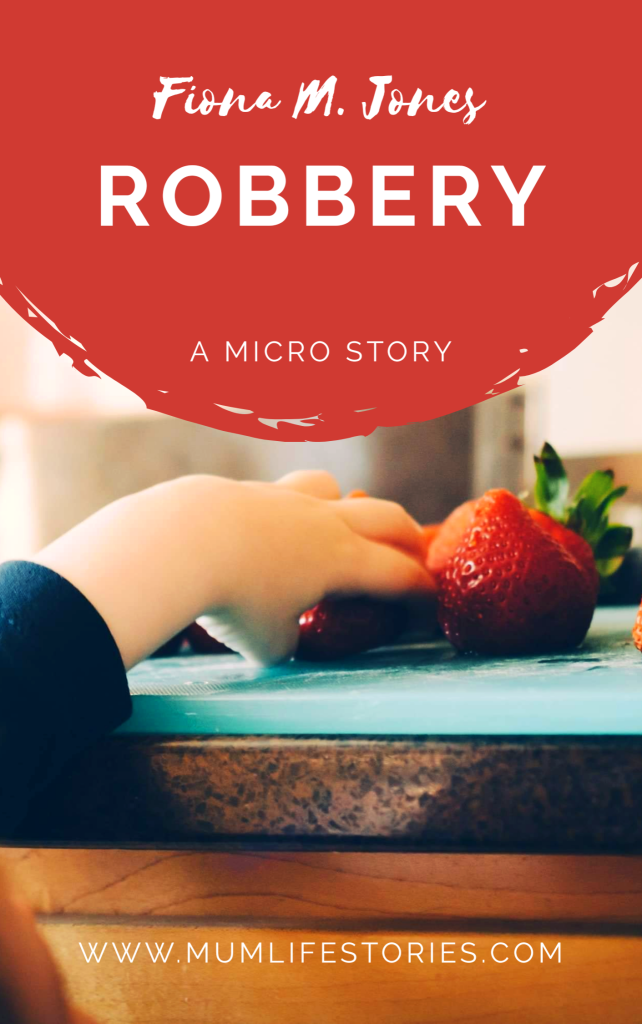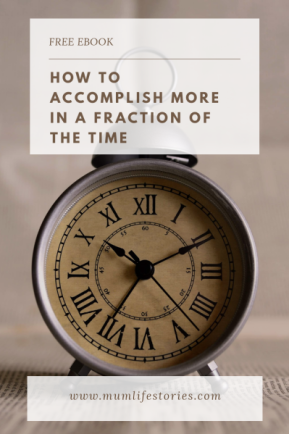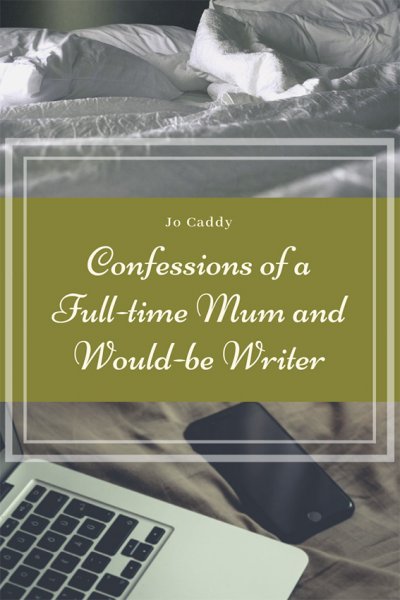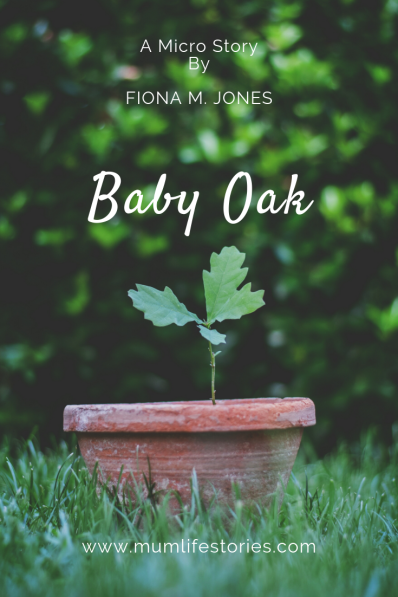We’d like to thank Alex Grey of the UK for her touching short story “Knitting for Leo”.
After a lifetime of writing technical non-fiction, Alex Grey is fulfilling her dream of writing poems and stories that engage the reader’s emotions. Her ingredients for contentment are narrowboating, greyhounds, singing and chocolate – it’s a sweet life. Her poems and short stories have been published by a number of ezines including Siren’s Call, Raconteur and Toasted Cheese. One of her comic poems is also available via a worldwide network of public fiction dispensers managed by publisher Short Edition. Alex is not a mum, but she works in healthcare and this story comes from her compassion for the women who have shared their lives with her over the years.
You can read Alex’s blog HERE
Note: this story mentions still birth and is a work of fiction and not based on any identifiable individual.
This page contains affiliate links which may earn me a small commission (at no extra cost to you) if you click through and make a purchase. Affiliate links are how I keep this blog running, thank you.

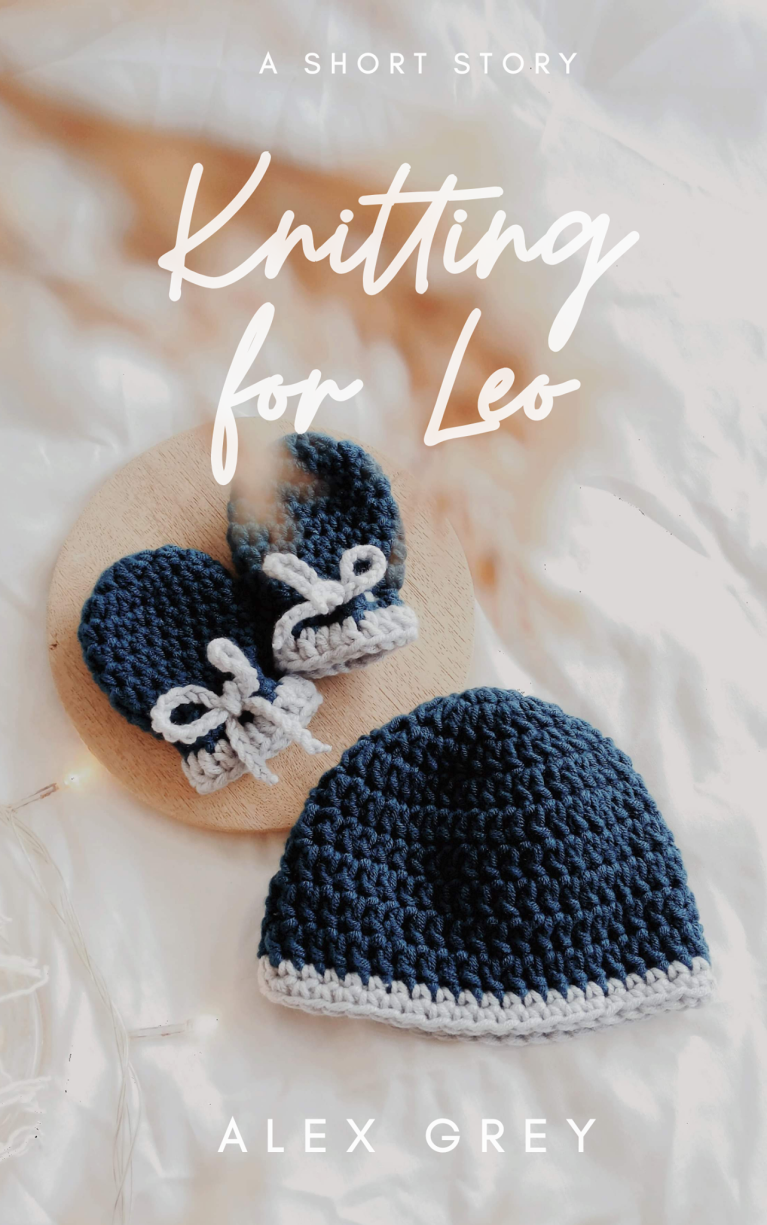
Photo by Annisa Ica on Unsplash
Knitting For Leo
My mother taught me to knit.
Back then, knitting was a necessity, not some artisan craft like it is today. She would get patterns from Women’s magazines and cheap wool from the market. She knitted my clothes – sweaters, cardigans, even skirts. I was the eldest. As soon as I could hold a pair of needles, I was knitting booties for my baby brother and sister.
I got married in 1969, when you could buy wool in every colour that you could imagine. I was eighteen, but I already knew how to keep a house. Calum worked long hours, keen to get on in his career and be a good provider. I had a part-time job in our local greengrocers. In the evenings, we’d sit by the fire in our terraced house. It was before we had a television, so we’d talk about the future, about the children that we’d have. I’d knit and he’d do the crossword in the newspaper. I knitted tank tops for him to wear to work – he had a different one for every day of the month. Years later he admitted that he got teased by the other juniors. But my Calum was a hard worker, and the teasing stopped when he kept getting promoted.
Calum was already a manager by the time I fell pregnant. Lucky that he had enough tank tops, because as soon as I started to show I stopped knitting for him. I bought some new wool, all soft pastel yellow and lilac, and started knitting for the baby. My friends said it was bad luck to knit for the baby too soon, but I wanted to be ready.
I thought I must be carrying a boy, a footballer judging by the kicking. Calum was very modern, he liked to lie by my side with his hand on my bump, feeling every movement. The basket I kept in the new nursery soon filled with clothes – judging by the size of the bump he was going to be a whopper. I started getting nervous about giving birth, but the midwife said I was young and had nothing to worry about.
The kicking stopped when I was 37 weeks.
I remember that night – I slept for 8 hours, my longest sleep since I fell pregnant. I woke up all rested and, for a minute, everything seemed fine, but my bump did not wake up with me. I begged for my baby to start kicking again, but he was still. The hospital induced the birth, I had to go through it, but they knew it was all for nothing. I caught a glimpse of him before they wrapped him in a towel and swept him away. He looked so perfect, like he was sleeping. I wanted to hold him, but they said it was better for me not to see him, to move on quickly, a strong young girl like me could try again soon enough, these things happened.
There was no death certificate because he had never lived. Yet in our hearts, he was always Leo, due in August, our fierce little lion who almost made it.
We carried our grief out of the hospital door and swaddled it with our hopes in the little basket of baby clothes I’d knitted. I burned them all.
Of course, we tried again and within the year we had a beautiful baby girl; two years later, our son was born. I stopped knitting. Honestly, who has time to knit with two young children and a husband working all hours?
Late at night, though, I’d hear Calum sobbing quietly beside me and knew he’d never got over losing Leo, just as I’d never got over the feeling that my knitting had cursed our firstborn. There was no emery board that could remove the festering hangnail of our hidden grief.
Calum lived long enough to walk his daughter down the aisle and to stand shoulder to shoulder with his son when he was wed. When our first grandchild was born, I realised that I had not seen Calum smile like that since the day that I first fell pregnant and our future had sparkled with undimmed hope.
I brooded on it after Calum’s funeral, how his poor heart had flexed with grief and joy, like the metal fatigue in those planes that crashed, destroyed by a hidden stress.
It was then I decided to tell my children about Leo. They didn’t know, you see, because we didn’t talk about these things back then. They were…surprising. They cried, but with relief, they said they had always felt that there was something, someone, missing. We had Leo’s name carved onto Calum’s headstone and I started to knit again.
I live with my daughter now. I have a lovely apartment with plenty of space for my comfy recliner chair. I have everything I need, a TV, my knitting needles and a pile of wool given to me by kind donors. It’s all colours and textures, but that doesn’t matter. Once I picked up the needles again, my fingers remembered the old patterns, so I can sit here watching my favourite shows while I make babygro’s, bootees and cute berets to keep the babies’ heads warm.
My daughter knocks on my door.
“Mum, the driver’s here.”
“That’s fine love, I’ve got a load ready for him.”
I hand her a neatly wrapped box, the label says “Knitting for Leo” along with a charity registration number. This batch is going to our local hospital, but I send parcels to maternity units all over the country. You see, Leo’s charity got quite big once my daughter mentioned it on the internet. We must have over a hundred volunteer knitters now, each with their own sad tale to tell.
I knit tiny clothes that would fit a doll, or a baby born too soon and too still. I finish each little outfit with a ribbon and put it in the basket by my side. I imagine how parents will take these tiny clothes and dress their stillborn babies. They will hold their precious bodies, take photographs. In that moment, the quiet infants will become part of their families forever.
I raise a cup of tea to the dead who never lived.
You never lived, but you were loved. Rest easy my son.
Thanks
Thanks for reading this blog. You can read more stories HERE and if you’d like to submit a story for consideration to be published, please visit our submissions page.
If you’d like to keep up to date with all the latest stories, news, promos (including writing competitions and giveaways) plus receive a FREE Ebook, sign up to our mailing list here or fill in the form below.
Get your FREE Ebook
The pace and intensity of our lives, both at work and at home, leave many of us feeling like a person riding a frantically galloping horse. Our day-to-day incessant busyness — too much to do and not enough time.
With this ebook you will learn to approach your days in another way, reducing stress and getting results through prioritizing, leveraging and focus!

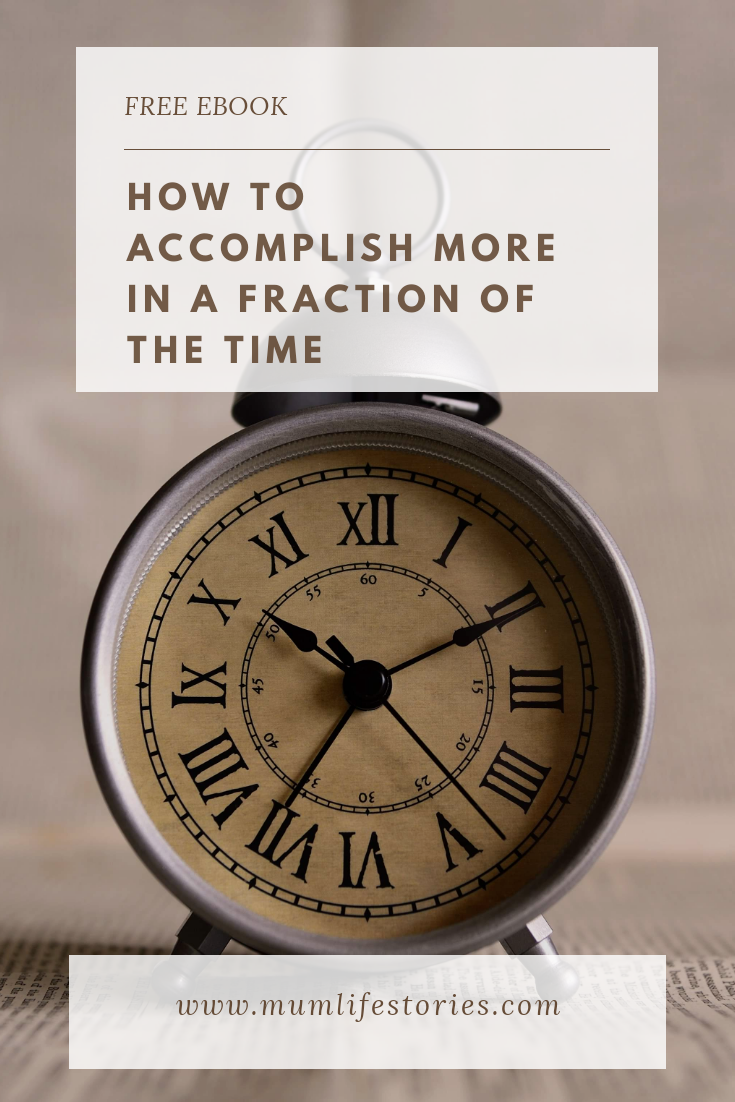


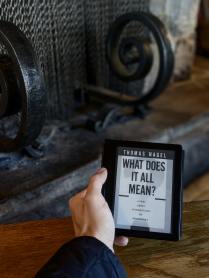 Kindle Oasis: Now Waterproof with Adjustable Warm Light
Kindle Oasis: Now Waterproof with Adjustable Warm Light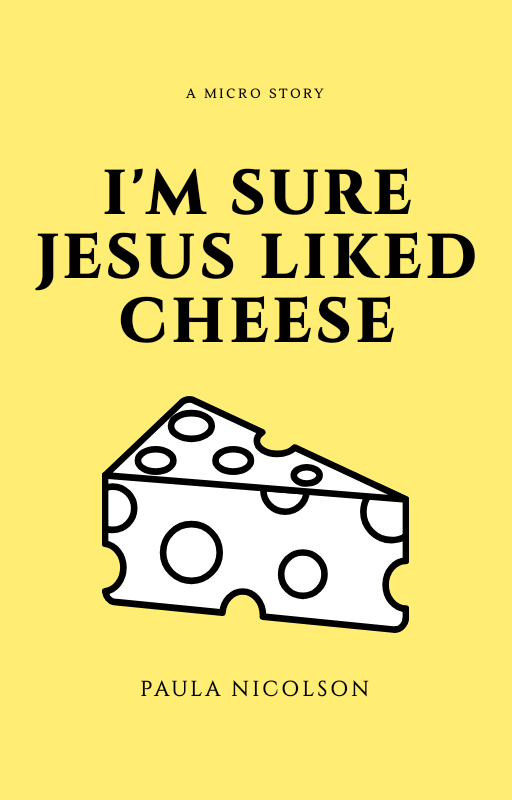

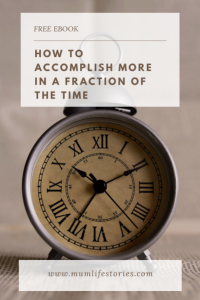


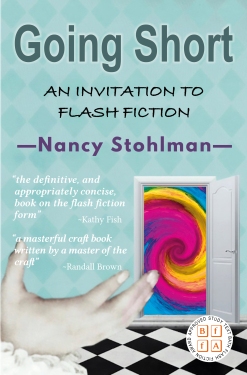 Going Short: An Invitation to Flash Fiction by Nancy Stohlman
Going Short: An Invitation to Flash Fiction by Nancy Stohlman